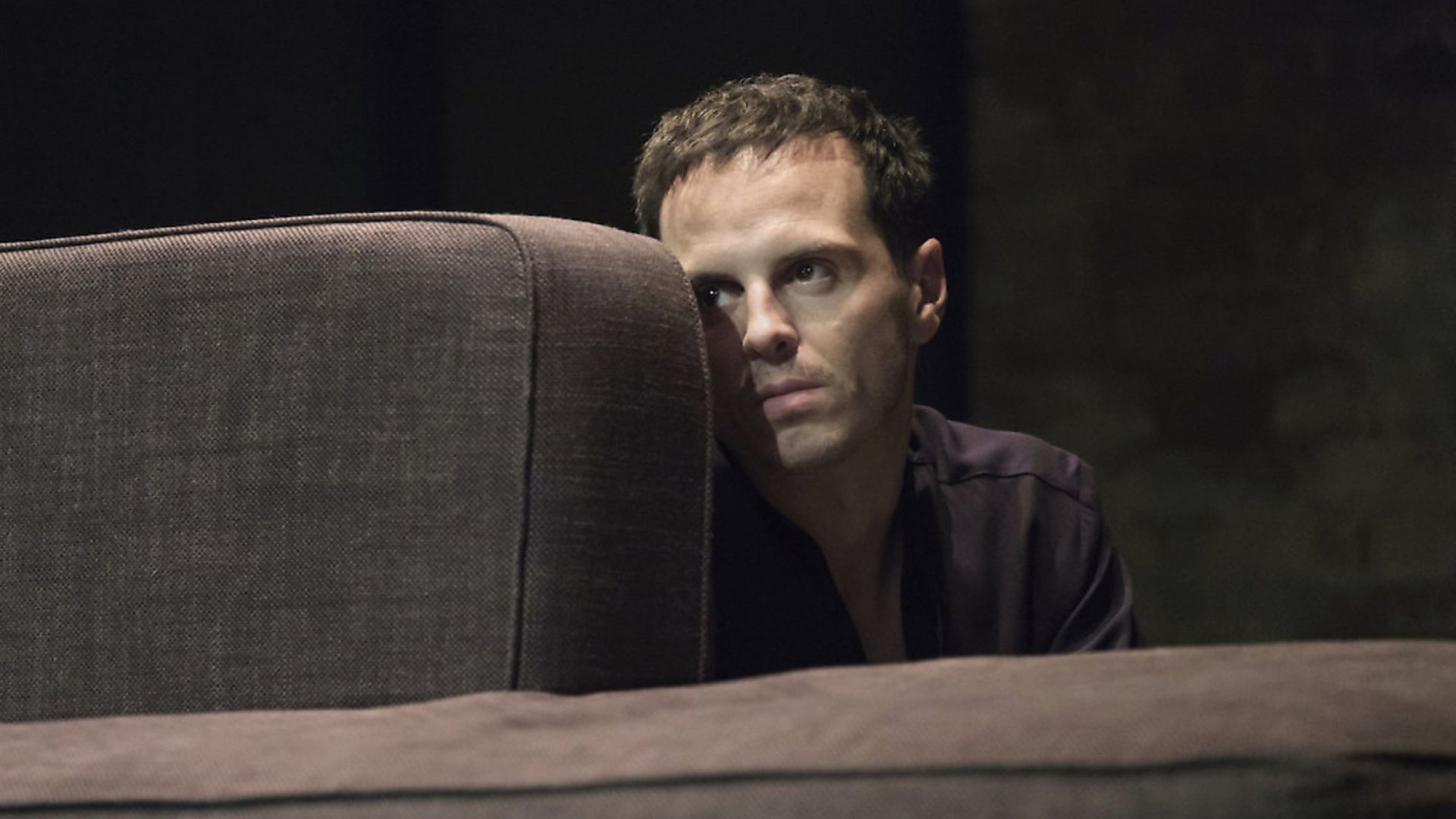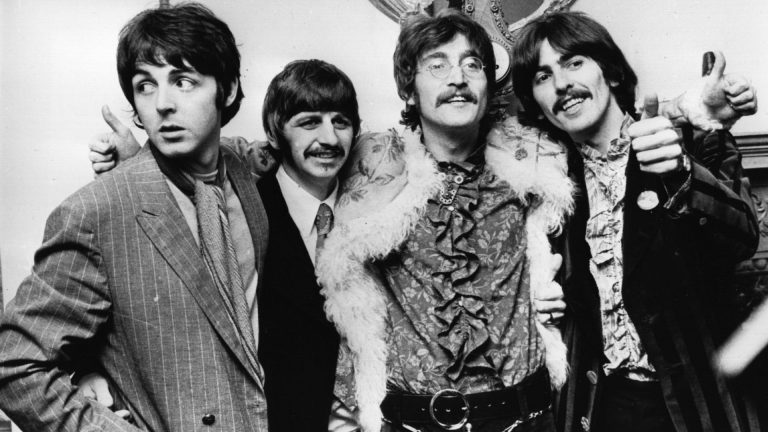
Andrew Scott is magnificent as the Prince of Denmark in Robert Icke’s Shakespeare production
Rating: 5/5 *****
There is much to admire in this staging of Shakespeare’s tragedy, but the production is really only about one thing. Andrew Scott’s performance is magnificent. Out of this well-worn, 400-year old character, previously inhabited by every actor of note for centuries, he finds in this old chestnut infinite space to create a master class of acting that you just can’t take your eyes off.
Scott is perhaps best known for his Jim Moriarty in the BBC’s Sherlock. He brings the same unhinged quality to his Hamlet that we see in his psychopathic criminal mastermind. This Hamlet is out of joint. From the word go, there is always a doubt in our minds as to whether this Hamlet was always already mad.
The Prince of Denmark speaks in Scott’s trademark Dublin accent and that opens up the otherwise over-familiar language of the play. His delivery is a marvel to watch, turning iambic pentameter into colloquial speech that Harold Pinter would have recognised. He finds previously unknown comedy in his soliloquies and flirts with the audience who by the end don’t know whether to laugh or cry.
His fellow Sherlockian, Benedict Cumberbatch, had them queuing round the block at the Barbican for his Hamlet a couple of years ago. It wasn’t a patch on Scott’s version. There is pressure on the ticket for this show but there were still empty seats on a searing hot Tuesday night in London. This is not something to miss.
Director Robert Icke creates an Elsinore of CCTV cameras and live broadcasts from court, slightly reminiscent of the Michael Almereyda film from 2000 that also found video to be the new haunt of ghosts. But he uses all these tricks to great effect to help drive us through the thick narrative undergrowth and potential eternity of a text. The soundtrack of late Bob Dylan also helps.
Angus Wright plays a Blairite Claudius, who is transforming the country through technocratic pragmatism rather than the martial might of his dead brother. He is keen to be seen on camera with the popular prince. Juliet Stevenson’s Gertrude has something of the Madame Macron about her, a peroxide blonde in a blue twin set, disguising a woman who has clearly seen hidden depths of human sorrow.
Together they make a good show as a middle-aged couple in the first throws of unexpected sex. I often think everyone could have been happy if Hamlet had just been allowed to go back to Wittenberg to be glum on his own.
Peter Wright’s Polonius is played as suitably bumptious and is the butt of Scott’s humour but it’s a waste of a good actor and a good part. A commoner who has risen to be the consigliore of the Danish Royal family can’t be that dumb. Jessica Brown Findlay’s Ophelia is under used but quite something when she is on stage. In her scenes with Scott they craft a believable relationship and betrayal that is seldom seen in versions of Hamlet.
It is not, as the two Kenneths say on The Fast Show, a perfect Hamlet but it is one to take your breath away. It is not a question of whether Scott will ever escape the character of Moriarty. It is whether he will ever better this Hamlet. The standing ovation was well deserved.








